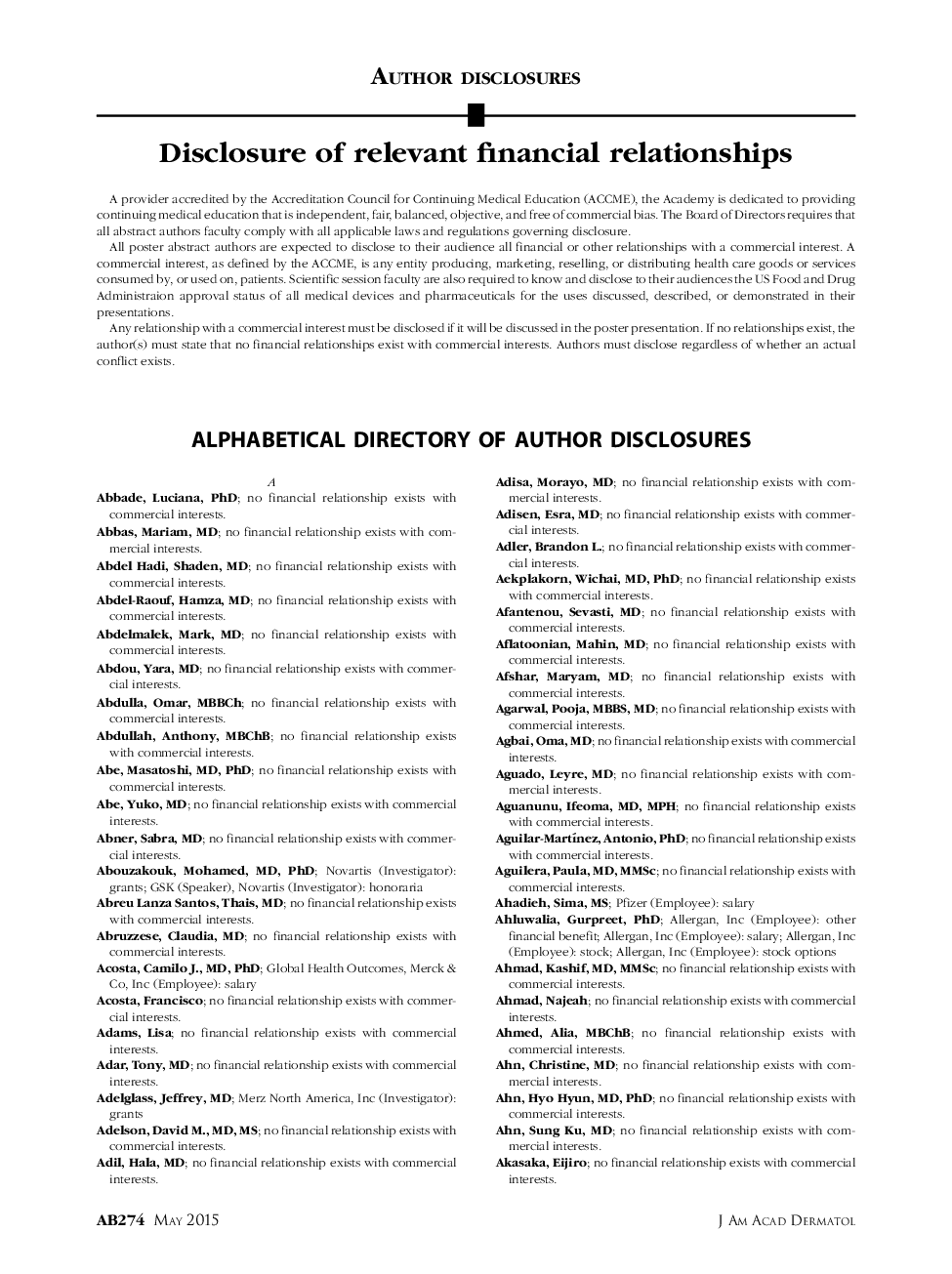| کد مقاله | کد نشریه | سال انتشار | مقاله انگلیسی | نسخه تمام متن |
|---|---|---|---|---|
| 7332258 | 1476032 | 2015 | 61 صفحه PDF | دانلود رایگان |
عنوان انگلیسی مقاله ISI
How do living arrangements and intergenerational support matter for psychological health of elderly parents? Evidence from Myanmar, Vietnam, and Thailand
ترجمه فارسی عنوان
چگونه تسهیلات زندگی و حمایت بین نسلی برای سلامتی روانشناختی والدین سالخوردگان اهمیت دارد؟ شواهد از میانمار، ویتنام و تایلند
دانلود مقاله + سفارش ترجمه
دانلود مقاله ISI انگلیسی
رایگان برای ایرانیان
کلمات کلیدی
ترجمه چکیده
تدارکات زندگی و حمایت خانواده از افراد مسن تر به یک مسئله مهم در سیاست در حال توسعه و به سرعت آسیا تبدیل شده اند. شکل گیری یک سیاست مراقبت صحیح سالمندان برای منطقه از تجربی به منظور بررسی چگونگی توزیع زندگی، به ویژه تقسیم بندی و مبادلات بین نسلی از حمایت مالی، ابزار و عاطفی با سلامت روان سالمندان مرتبط خواهد بود. در این مطالعه، داده ها از مشاهدات پیرامون نمایندگی ملی در میانمار، ویتنام و تایلند برای سال های 2011-2012، تجزیه و تحلیل داده می شود تا دیدگاه تطبیقی از آسیای جنوب شرقی که سیستم های وابستگی متقابل وجود دارد، ارائه شود. نتایج نشان می دهد که برخورد با فرزند از جنس مذکر که به لحاظ فرهنگی ترجیح داده می شود، به طور قابل توجهی سلامت احساسی بزرگان ویتنامی و تایلندی را بهبود می بخشد اما با پیامدهای متفاوت. در ویتنام، زندگی با یک پسر متاهل، برای سلامت روان والدین بیشتر از زندگی با دیگران سودمند است. در تایلند، برابری جنسیتی بدون در نظر گرفتن جنس کودک، سلامت روانی سالخوردگی را بهبود می بخشد اما زندگی با یک دختر مزایای بیشتری نسبت به زندگی تنها با فرزند دارد. شواهد نشان می دهد که اهمیت درک سیستم ارتباطی غالب وجود دارد که ممکن است انتظارات ادیان و انتظارات جنسیتی در خانواده را شکل دهد. در ویتنام و تایلند، این رابطه مثبت حتی پس از کنترل نسل های نسل بعد نیز کنترل می شود، و این نشان می دهد که ارزش مبادلات ترجیح داده شده فرهنگی فراتر از عملکردهای عملی است. در میانمار تقریبا هیچ تفاوت معناداری در سلامت روان در میان سالمندان در تسهیلات مختلف زندگی وجود ندارد، مگر در مواردی که بین وضعیت زندگی و تسهیلات زندگی مشترک وجود داشته باشد. برای تمام تنظیمات، شواهدی در حمایت از تسهیلات خانواده شبکه ای به عنوان یک جایگزین کامل برای برابری در زمینه ارتقاء سلامت روان سالخوردگی پس از کنترل فیشال وجود ندارد. تحقیق ما به تناقضات فرهنگی مهمی برای تعیین ماهیت رابطه بین تسهیلات زندگی و سلامت روان سالمندان پرداخته و نیازهای مهمی را برای بررسی دقیق تر ارتباطات علمی بین این دو پدیده در پژوهش های آینده ارائه می دهد.
موضوعات مرتبط
علوم پزشکی و سلامت
پزشکی و دندانپزشکی
سیاست های بهداشت و سلامت عمومی
چکیده انگلیسی
Living arrangements and family support for older persons have become an increasingly important policy concern in developing and rapidly aging Asia. Formulating a sound elderly care policy for the region will benefit from empirically examining how living arrangements, particularly coresidence, and intergenerational exchanges of financial, instrumental, and emotional support are associated with old-age psychological health. This study analyzes data from nationally representative aging surveys in Myanmar, Vietnam, and Thailand for 2011-2012 to offer a comparative perspective from Southeast Asia where various kinship systems coexist. Results suggest that coresidence with a child of culturally preferred gender significantly improves the emotional health of Vietnamese and Thai elders but with different implications. In Vietnam, living with a married son is more beneficial to parents' psychological wellbeing than living with other children. In Thailand, coresidence regardless of the child's gender improves old-age psychological wellbeing but living with a daughter brings greater benefits than living only with son. Evidence points to the importance of understanding the dominant kinship system that may shape normative filial expectations and gender role expectations within the family. In Vietnam and Thailand, the positive association holds even after intergenerational support is controlled, suggesting that the value of culturally preferred coresidence goes beyond practical functions. In Myanmar, there are almost no significant differences in psychological wellbeing among elderly across various living arrangements, except between coresidence and network living arrangements. For all settings, we do not find evidence in support of network family arrangements as a complete substitute for coresidence in terms of promoting old-age psychological wellbeing after filial support is controlled. Our study highlights important cultural nuances for theorizing the nature of the relationship between living arrangements and old-age psychological health, and presents the important need for more rigorous investigation of the causal links between these two phenomena in future research.
ناشر
Database: Elsevier - ScienceDirect (ساینس دایرکت)
Journal: Social Science & Medicine - Volumes 136â137, July 2015, Pages 106-116
Journal: Social Science & Medicine - Volumes 136â137, July 2015, Pages 106-116
نویسندگان
Bussarawan Teerawichitchainan, Wiraporn Pothisiri, Giang Thanh Long,
